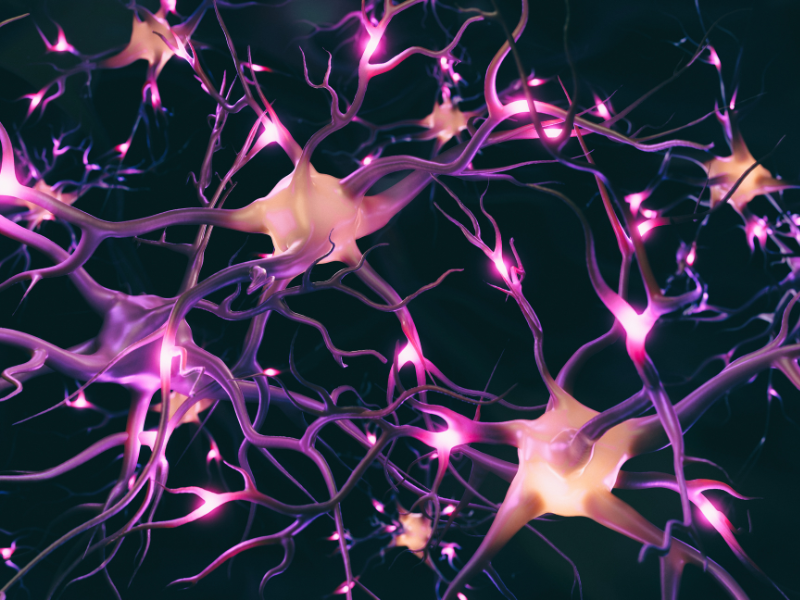Nourishing the Mind and Reducing Inflammation-Part 2
- ahwcweb
- Mar 20, 2024
- 3 min read
Updated: Mar 28, 2024

Our brain is only as healthy as our gut is healthy. Therefore, if we want to be healthy, we should have some idea of how to keep our gut healthy. Just how can we do that? In this blog, we will begin answering the question, how can I have a healthy digestive experience every day?
Healthy Digestion Starts Here!
The way we chew our food directly influences our gut health, and in turn, the level of inflammation in our body. Proper chewing brings about several benefits:
Improved digestion and nutrient absorption.
Reduced workload for the digestive organs.
Heightened appreciation of food and flavors.
Decreased cravings.
Diminished gas and bloating.
Strengthened immune system.
Support for Weight Management.
But did you also know, chewing nourishes the mind and facilitates better brain functioning? That’s right, chewing has a more significant impact on brain functioning than one might initially think. It's not just a mechanical process for breaking down food; it has several connections to cognitive function and overall brain health.
Nourishing the Mind, Reducing Inflammation
Check out seven ways chewing nourishes the mind and reduces inflammation:
1. Increased Blood Flow: Chewing your food well stimulates blood flow to the brain. The mechanical action of chewing activates various sensory receptors in the mouth, signaling the brain to increase blood flow. This enhanced blood flow ensures a more efficient supply of oxygen and nutrients to the brain, contributing to improved cognitive function.

2. Release of Neurotransmitters: Chewing triggers the release of certain neurotransmitters, such as dopamine and serotonin. These chemicals play a crucial role in mood regulation and are associated with increased alertness and improved mood creating a positive impact on mental well-being.
3. Enhanced Cognitive Performance: Chewing your food well can lead to better performance in memory and attention-based activities. The repetitive motion of chewing seems to activate certain brain regions associated with these cognitive functions.
4. Stress Reduction: Chewing food well has been linked to stress reduction. The act of chewing reduces tension and promotes a sense of relaxation. My husband, Marty, chews his food very well, he doesn’t get stressed out very easily, and he also does not have gray hair, is there a connection? Reduced stress levels are beneficial for overall brain health, cognitive function, and reduction of inflammation.
5. Jaw and Facial Muscle Activation: Chewing involves the activation of various facial muscles and the jaw. This muscle activity sends sensory feedback to the brain, contributing to a heightened state of alertness and awareness.

6. Saliva Production: Chewing stimulates saliva production, and saliva contains enzymes that aid in the initial digestion of food. The digestive process begins in the mouth with the breakdown of carbohydrates into glucose, the preferred fuel for the brain. Proper digestion is essential for the absorption of nutrients that support brain health.
7. Better Nutrient Absorption Less Inflammation: Chewing food thoroughly, grinds and crushes the food into smaller particles. The smaller the food particles, the easier they are to digest, process, and assimilate into useful nutrients and energy by our bodies. In contrast, insufficient chewing allows larger food particles to pass through the digestive system, becoming a breeding ground for bacteria or leading to decay and potentially an avenue for inflammation and disease. Insufficient chewing may increase flatulence (gas), bloating, diarrhea, constipation, abdominal pain, cramping, inflammation, and bad breath.
It's important to note that the effects of chewing on brain functioning may vary from person to person, and more research is needed to fully understand the mechanisms involved. However, the existing evidence suggests that there is a connection between the act of chewing and certain aspects of cognitive function and mental well-being.
A Word of Caution
When you chew gum, your body receives signals that food is on the way and begins to prepare for digestion. Enzymes and acids are activated and released, but when the food does not arrive the body gets confused. This can result in bloating, increased stomach acid production, and a decreased ability to produce sufficient digestive enzymes and acids when it is needed to digest food. If you chew gum, do so either before or after a meal!

Be Chew-sy
Changing a chewing habit requires conscious effort, but it's never too late to start a healthy chewing habit at your next meal. Slow down, enjoy your food, savor every bite, learn to appreciate the true flavors, while you nourish the mind and reduce inflammation.
Check out my blog, Chew Your Way to a New Anti-Inflammatory YOU, for tips to help you on your journey to new and better food chewing habit!
In our next blog, Nourishing the Mind and Reducing Inflammation-Part 3, we will continue answering the question, how can I have a healthy digestive experience every day?
Schedule a FREE INTERVIEW today by
clicking the link below
or
calling 479-363-6585!




Comments